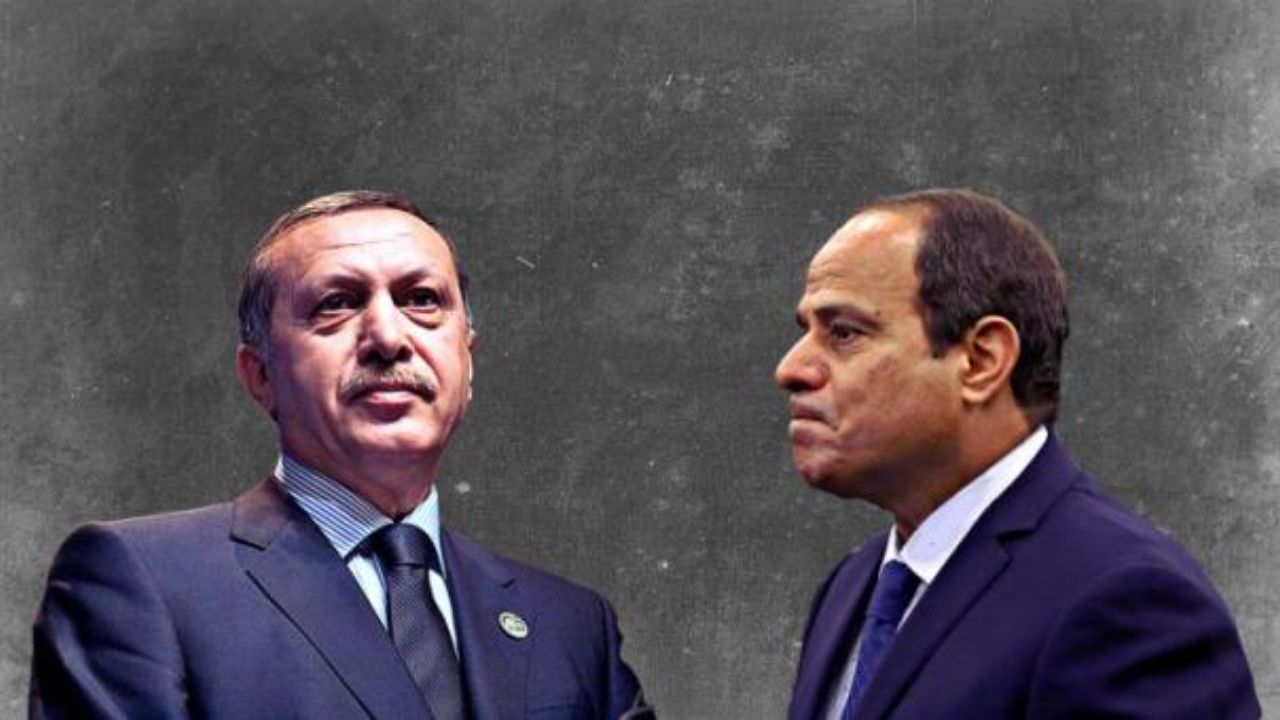With the escalation of the armed conflict in Libya, and in particular the advance of the National Unity Government forces led by Faiz al-Siraj in areas beyond the capital, the domestic military scene in Libya and its equations have become much clearer. It has also led to obtaining further knowledge about international rivals supporting the either side in the Libyan conflict. However, the retreat of the so-called National Army forces under the command of General Haftar has also contributed to the controversy, prompting widespread reactions about the collapse of these forces (National Army). Western supporters and General Haftar’s area. However, the presence of a large number of intervening countries in Libya, as well as their intense competition for control of the country’s rich oil resources, did not allow the equations behind the Libyan conflict to become clear and understandable.
In fact, before the recent clashes, some analysts spoke of political rivalries between Ankara and Moscow in Libya, and others considered North Africa’s regional disputes, such as the differences between Morocco and Algeria, or the disputes between Egyptian officials and Algeria and Tunisia the main reason for the continuing conflict in Libya. However, what has been going on in Libya for at least the past one year can be examined in the context of the conflicts between Egypt and Turkey, and with a realistic view, the position of each of the regional and trans-regional countries in this equation (Cairo-Ankara) can be determined.
Meantime, Libya’s civil wars are being analyzed at three levels: domestic, regional, and international, and the perceptions of each of these three segments, linked to the other, are a clear picture of what has happened in Libya over the past year and will continue in the coming months. At the domestic level, a series of minor issues can be seen as a clash between forces under the auspices of the National Unity Government and forces under the command of General Haftar between Islamist groups and secular forces. The battle stems in part from Libya’s social and ideological structure, and in other respects to its historical developments, especially those before the Gaddafi era.
Explaining this, General Haftar’s non-religious tendencies, as well as the total political and military forces of the government based in eastern Libya, refer to the capital, Tabriz. The forces that have failed to establish a deep connection with the Libyan people as a whole, and in this respect, in the eyes of many Libyan people, are considered outsiders. However, despite the United Nations’ role in establishing a national unity government led by Faiz Siraj, the forces under its command have found deeper ties with the Libyan people due to their religious affiliation and have been able to take advantage of this affiliation to advance military goals in the conflicts of the last few months.
But in the context of regional and international attitudes, competition and disputes originate from important and strategic issues, such as dominating oil reserves, having a larger share of arms sales, and more importantly, the controversial issue of Turkey’s role in controlling Libya’s newly discovered gas reservoirs. Authorities in Washington, Paris and Moscow have been embroiled in political disputes over the conflict. Some see Libya as the most important scene of international competition, while others see it as a boxing ring between Putin and Erdogan and a third group regard it a battlefield between Cairo and Ankara. In less than a month, Washington officials have changed positions more than three times in favor of one of the parties involved in Libya. In the latest position taking, they have strongly opposed the entry of any new weapons into Libya.
Meanwhile, the Western powers are seeking to take control of Libya after the Berlin summit last fall by using the United Nations, and to address the dangers they think are posed by Turkey and the strengthening of Islamic groups under the auspices of the National Unity Government and threaten the interests of the West. Because, according to the West, any defeat or retreat of General Haftar’s forces means the defeat of Egypt and the Arab reactionary states, which have sought to represent Western interests in Libya on a proxy basis, and now with the defeat of Haftar’s forces they have left the battlefield to the rival forces that are supported by Ankara.
This means, on the one hand, the presence of Turkish-backed Brotherhood forces along Egypt’s borders and, on the other hand, the blocking of all avenues that the Western world was trying to exploit to dominate Libya’s future status. It is natural that with such a trend, not only Egypt and the Arab reactionaries but also other pro-Haftar Western governments will emerge as losers, while Turkey feels to have won the race in the current conflict because of the strong role played by its military in Siraj forces and their remarkable successes. Nevertheless, this is not something to be completely true because the pro-Haftar states are seeking to bring the conditions of the civil war in Libya and Turkey’s superior position back to its previous situation.










0 Comments